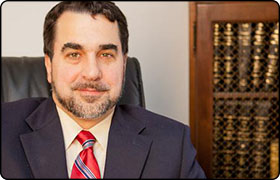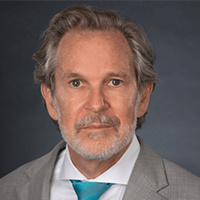Eastville DUI-DWI Lawyer, Virginia
Sponsored Law Firm
-
 x
x

Click For More Info:
-
Legal Defense Center
Serving Hampton Roads & Northampton County VA» view mapReckless Driving, DUI/DWI Leading DUI & Traffic Attorney
If your freedom, license and record are on the line, call me for legal help.
800-786-6670
Daniel Jason Miller
✓ VERIFIEDDivorce & Family Law, Criminal, Traffic, DUI-DWI, Car Accident
Dan Miller grew up in the Chesapeake area of Virginia. He attended Norfolk Collegiate School, graduating in 1985. In 1987, he earned his Associate's d... (more)
Paul Everette Thomas
✓ VERIFIEDDivorce & Family Law, Traffic, DUI-DWI, Car Accident, Personal Injury
Determined, Experienced, and Effective.
Paul Thomas is an experienced lawyer proudly serving Virginia Beach, Virginia and the neighboring communities. He practices law in the following area... (more)
FREE CONSULTATION
CONTACTFREE CONSULTATION
CONTACTFREE CONSULTATION
CONTACTTimothy Anderson
Bankruptcy & Debt, Criminal, DUI-DWI, Divorce & Family Law, Estate
Status: In Good Standing
FREE CONSULTATION
CONTACT Monte Kuligowski Virginia Beach, VA
Monte Kuligowski Virginia Beach, VA AboutLegal Defense Center
AboutLegal Defense Center Practice AreasWe are Specialized
Practice AreasWe are Specialized



